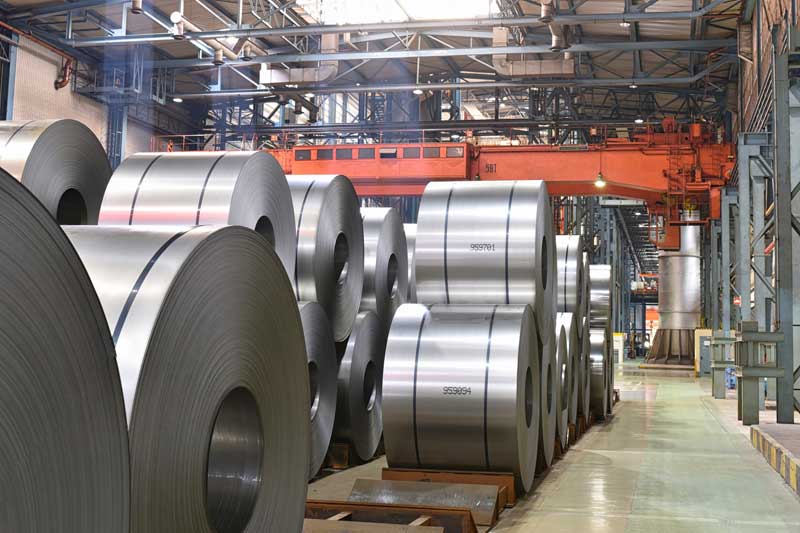21
June 2016
PPF Cast Doubt Over British Steel Pension Scheme
The Pension Protection Fund has warned that the government’s proposed changes to the British Steel Pension Scheme designed to attract buyers could set a dangerous precedent.
The PPF, also known as the pension lifeboat, is in place in order to protect workers’ pensions in the event that a company should fail to be able to pay out.
The government has been planning to propose a series of changes to the British Steel Pension Scheme in order to make Tata Steel’s UK business more attractive to buyers who, they argue, are being deterred by the scheme’s £485 million deficit.
The Department for Work and Pensions is currently in the midst of a consultation on the future of the British Steel Pension Scheme.
A spokesperson for the department said: “We are consulting on a wide range of options for the BSPS [British Steel Pension Scheme] and are keen for as many people as possible to provide their views, including those who will be affected by any changes."
In the consultation document, various options are outlined as proposed means of reducing the pension liabilities that a potential buyer would have to take on, with the partial objective of “reduc[ing] the risk of situations arising which may lead to compensation being payable from the PPF”.
One option involving the payment of pension debts, that would involve Tata Steel ending their relationship with the scheme and paying out enough to purchase each member an annuity “equal to the value of their total accrued pension rights” is quickly rejected as unaffordable.
One remaining option, or set of options, involves the “reduction of the scheme’s liabilities through legislation”. This, said the Department for Work and Pensions, would mean considering “whether it will be necessary to reduce the benefits within the scheme”, that is, reducing the amount that members are actually entitled to.
One way of doing this that is being considered is changing the metric by which the value of the funds increases each year. Currently, the annual increases move according to Retail Price Index inflation, the government is considering proposing to change it so that it follows Consumer Price Index inflation, which it typically lower. The latest data, for example, shows CPI inflation to be at 0.3% for May, while RPI inflation is at 1.4%.
While officials in the British Pension Scheme itself, as well as several union leaders, have accepted these proposals, the PPF has expressed its concern that to commit to using legislature to reduce the liabilities of any pensions scheme risks setting a precedent for complacent business.
The PPF’s response to the consultation said: “There is a risk of setting a precedent. Although the government (including in the consultation document) has been at pains to stress the unique circumstances surrounding BSPS we would nevertheless expect other employers or industries to seek similar arrangements to reduce their pension scheme liabilities – effectively transferring value from scheme members to shareholders.”
Issues of a risky precedent being said were highlighted even prior to the PPF’s official response, by former pensions minister Stephen Webb.
Webb said: “Rushed changes to pension rules risk driving a coach and horse through the pension security of hundreds of thousands of workers well beyond the steel industry.”
Tata Steel is still considering the various options it has in order to sell off the remaining parts of its business, which includes the major Port Talbot steelworks.
A Department of Business, Innovation and Skills spokesperson said on Tuesday: “The Government is focused on a long term future for Port Talbot which keeps blast furnace steel production in the UK and we’re committed to a credible sales process.
“We have set out our high level offer on commercial funding and we’re working on other areas to reach the best long-term outcome for the industry, workers and the supply chain. That includes ports and infrastructure, power and pensions.”





